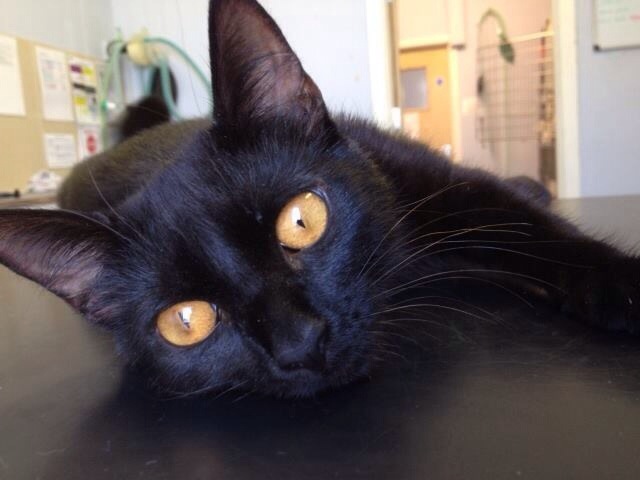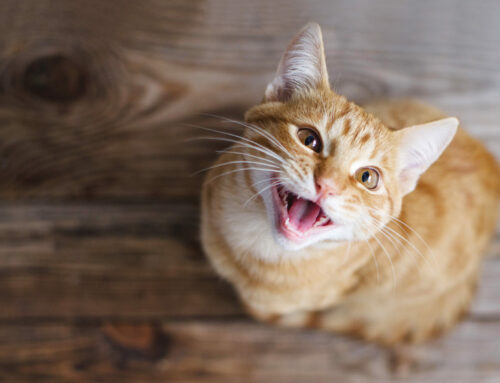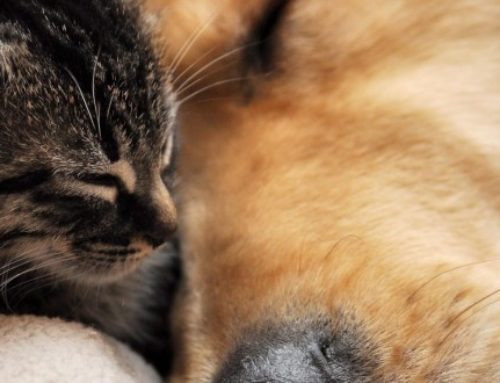WHAT IS NEUTERING?
- Female animals are spayed – this means the womb and the ovaries are removed.
- Male animals are castrated – this means the testicles are removed.
- Operations should be straightforward – they are carried out under general anaesthetic and animals usually recover quickly.
- Neutering shouldn’t mean that your pets will put on weight- your vet will be able to offer appropriate advice on diet following the operation.
WHY SHOULD I NEUTER MY PET?
- Neutering prevents female animals coming into season, when they may attract unwanted male attention, become pregnant or have false pregnancies.
- Neutering prevents the risk of testicular cancer in male animals and uterus infections and cancers in females.
- In male dogs and cats, neutering can reduce behaviours such as urine marking and roaming.
- Neutering can reduce unwanted/aggressive behaviour .
- Unspayed female animals can be messy when they come into season – during this time, females can bleed for up to three weeks.
- Animals don’t respect family relationships – siblings will mate. This increases the risk of offspring being born with birth defects and deformities.
- If animals are neutered, this reduces the risk of them being stolen for breeding.
- If an unneutered pet becomes pregnant and there is a problem during or after the birth.
- Owners have a legal responsibility to meet all of their animal’s needs under the Animal Welfare Act 2006. Pregnant and nursing animals need even more care and their offspring will be equally as demanding. When the young are ready to be rehomed, you also need to ensure that they are vaccinated,wormed and flea treated, which you will also need to be able to afford.
WHEN DO YOU NEUTER?
It is reccomended that pets are neutered at 6 months of age.
ASSISTED NEUTERING?
We offer assisted neutering (conditions apply) through the Cats Protection Society and the Dogs Trust.






